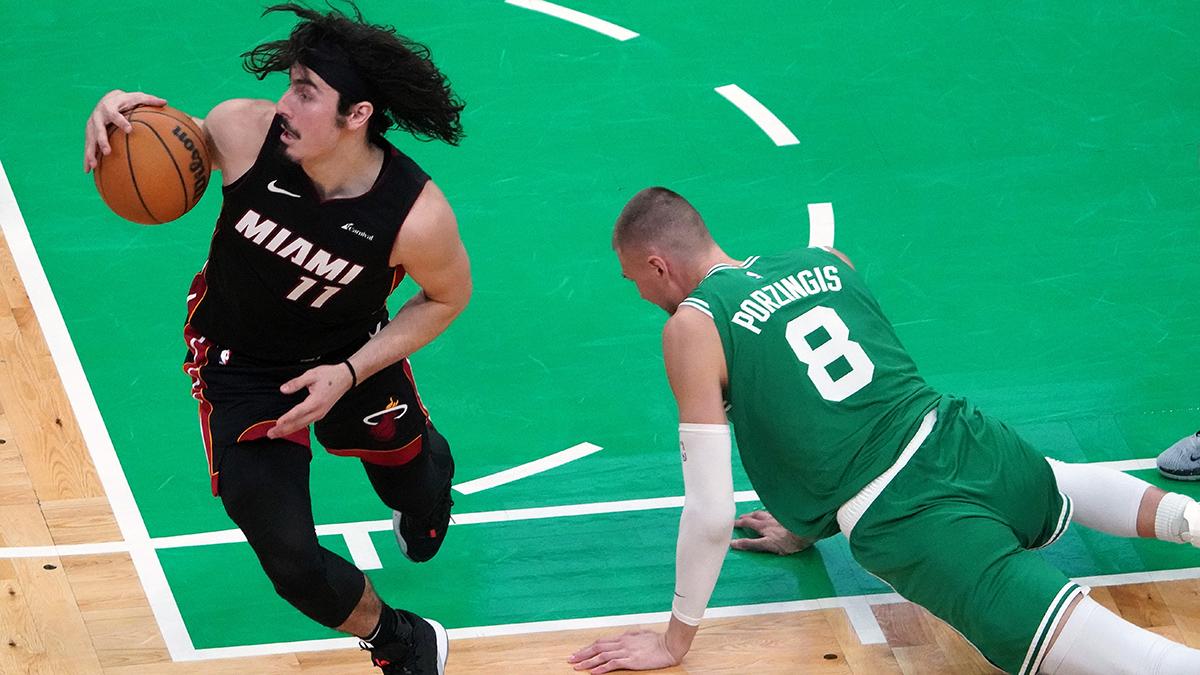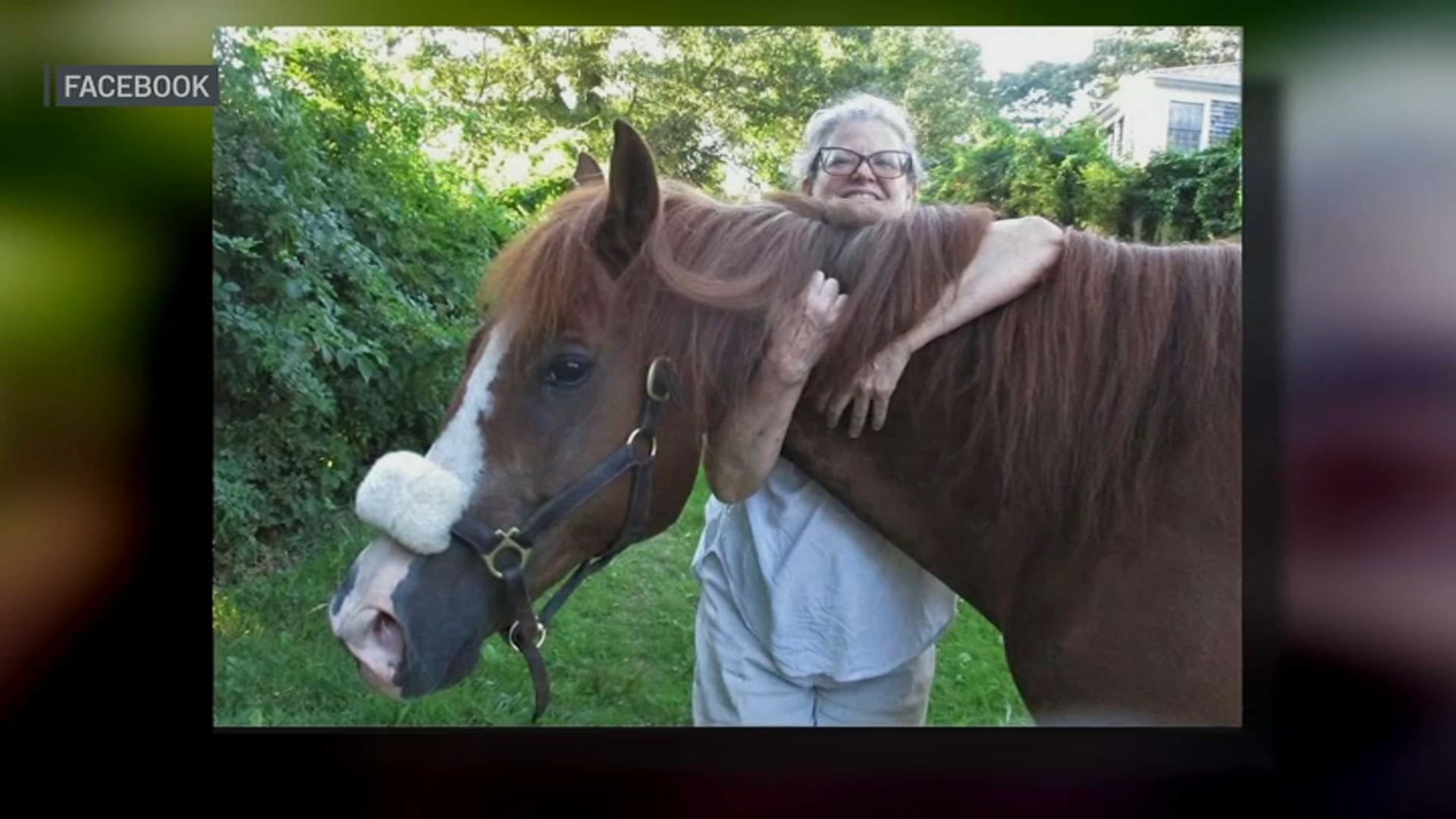Some of America's first settlers — or at least the costumed players who depict them at a popular living history museum — are acting pretty unsettled lately.
Plimoth Plantation in Plymouth, Massachusetts, which recreates daily life around the time the Pilgrims first landed on New England's shores in 1620, has reopened for the season with no end in sight for a yearlong labor impasse.
Since the museum closed for the winter after Thanksgiving, management has withdrawn its recognition of a union representing actors and other workers. Federal labor regulators have become involved, and the largest teachers union in the state has asked its members to reconsider field trips to the venue, which typically draws about 300,000 visitors a year.
The dispute comes as the museum prepares for 2020, when it will mark the 400th anniversary of the Pilgrims' arrival.
"They're trying to wear us down and it's not working," said Kate Moore, chairwoman of the Society of Allied Museum Professionals UAW Local 2320. The bargaining unit represents about 70 workers, including educators and interpreters who, like Moore, dress in period costume and interact with guests.
Workers unionized in 2016 seeking better job security, staffing, pay and safer conditions.
But nothing has changed, Moore said.
Local
In-depth news coverage of the Greater Boston Area.
staffing is dangerously low, some buildings at the museum are "ramshackle" and as a result, the visitor experience is suffering, she said.
"A child fell the other day and the historical interpreter could not go for help because she was alone and couldn't leave 30 third-graders alone," Moore said. The child was OK.
Management disputes the union's assertions and says the visitor experience is as good as ever, museum spokeswoman Kate Sheehan said. There are job openings but those are being filled, she added. Damage caused by winter storms is being repaired.
As far as management is concerned, there is no labor impasse. Management stopped recognizing the union in January. The sides haven't negotiated since December and there are no negotiations planned.
"We received a petition from formerly unionized employees saying they no longer wished to be members," Sheehan said. "The museum acted lawfully in accordance with those employees' wishes."
But Moore said workers who withdrew from the union were pressured by management, and the union has filed an unfair labor practices complaint with the National Labor Relations Board.
"We claim intimidation, pressure and harassment by management," Moore said.
The NLRB has yet to rule.
Traffic at the museum has been light since it reopened March 17, as is normal this time of year. But that's sure to change as the weather improves and thousands of schoolchildren on field trips make the trek to Plymouth, south of Boston. At least that's what the museum hopes.
The president of the Massachusetts Teachers Association, the state's largest teachers union, is asking members to refrain from bringing students to Plimoth Plantation because of what she called management's "union-busting tactics."
"In solidarity with these workers, I am asking those of you who have trips to Plimoth Plantation scheduled to make other plans and let management know that union busting is disgusting," Barbara Madeloni wrote in a March 21 newsletter to the union's 110,000 members.
Sheehan hopes teachers consider the educational opportunities of Plimoth Plantation before canceling field trips.
"We truly appreciate the interest that Plimoth Plantation has always received from teachers in Massachusetts, and we hope that teachers will not withhold this incredible educational experience from their students," she said.
Meanwhile, Sheehan said, the impasse is having absolutely no impact on planning for the 400th anniversary celebrations.
Moore said it's too early to say because rank-and-file workers generally aren't included in planning discussions.



